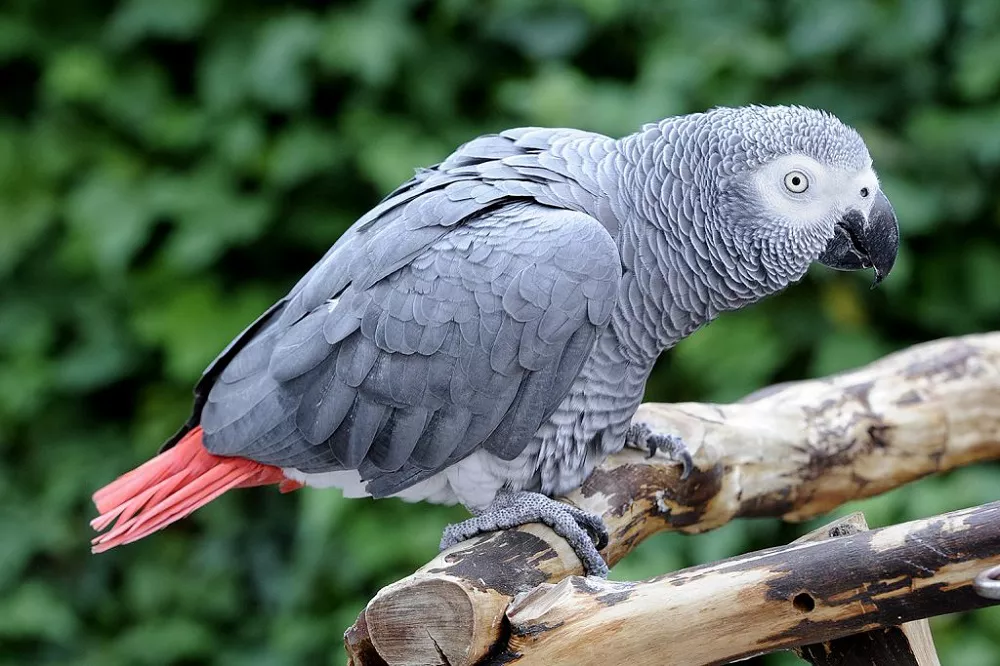African Grey parrots (Psittacus erithacus) are highly intelligent and captivating birds known for their exceptional mimicry skills and ability to form strong bonds with humans. As popular pets, one question that often arises is whether African Grey parrots enjoy being petted. This essay aims to explore the topic by examining the natural behavior of African Grey parrots, their social needs, and individual preferences, shedding light on whether they truly appreciate physical affection.
Natural Behavior of African Grey Parrots
To understand whether African Grey parrots like to be petted, it is crucial to consider their natural behavior in the wild. These parrots are native to the rainforests of West and Central Africa, where they live in large flocks and engage in complex social interactions. In their natural habitat, physical contact between individuals is limited to preening and allopreening, which involves grooming each other’s feathers. While this suggests a certain level of comfort with touch, it does not necessarily imply a desire for petting from humans.
Social Needs of African Grey Parrots
African Grey parrots are highly social creatures that thrive on companionship and interaction. They have been observed to form strong bonds with their human caregivers, seeking attention and engaging in various forms of communication. However, it is important note that their social needs extend beyond physical touch. African Grey parrots require mental stimulation, environmental enrichment, and opportunities for socialization to maintain their well-being. While petting can be a part of their social interaction, it should not be the sole focus.
Individual Preferences and Personality
Just like humans, African Grey parrots have unique personalities and individual preferences. Some may enjoy gentle petting and physical contact, while others may find it uncomfortable or stressful. Factors such as past experiences, training, and the quality of the human-parrot relationship can influence an African Grey parrot’s response to petting. It is essential for caregivers to observe and respect the boundaries and comfort levels of their parrots, allowing them to dictate the extent and type of physical contact they prefer.
Body Language and Communication
African Grey parrots communicate through a combination of vocalizations, body language, and facial expressions. Understanding their non-verbal cues is crucial in determining whether they enjoy being petted. Signs of enjoyment may include relaxed body posture, feathers fluffing, leaning into the touch, and vocalizing contentedly. the other hand, signs of discomfort or stress may manifest as raised feathers, attempts to move away, biting, or aggressive behavior. Caregivers must be attentive to these signals and adjust their interactions accordingly.
Positive Reinforcement and Training
Positive reinforcement training techniques can play a significant role in shaping an African Grey parrot’s response to petting. By associating gentle touch with rewards such treats or praise, caregivers can create positive associations and increase the likelihood of the parrot enjoying petting sessions. However, it is important to note that training should always be based on the individual parrot’s preferences and comfort level. Forcing physical contact or using punishment-based methods can lead to fear, stress, and a negative perception of petting.
Alternative Forms of Affection
While petting can be enjoyable for some African Grey parrots, it is essential to explore alternative forms of affection that cater to their natural instincts and preferences. Providing opportunities for interactive play, engaging in verbal communication, and offering mental stimulation through puzzle toys or foraging activities can all contribute to a fulfilling and enriching relationship with these intelligent birds. Understanding and respecting their individual needs will help foster a strong bond built on trust and mutual understanding.
Conclusion
In conclusion, the question of whether African Grey parrots like to be petted does not have a definitive answer. While some individuals may enjoy gentle physical contact, it is crucial to consider their natural behavior, social needs, and individual preferences. African Grey parrots thrive on social interaction, mental stimulation, and environmental enrichment, with petting being just one aspect of their overall well-being. Caregivers should pay close attention to the parrot’s body language and communication cues, using positive reinforcement training techniques to create positive associations with petting.


 Facebook
Facebook  Instagram
Instagram  Youtube
Youtube 